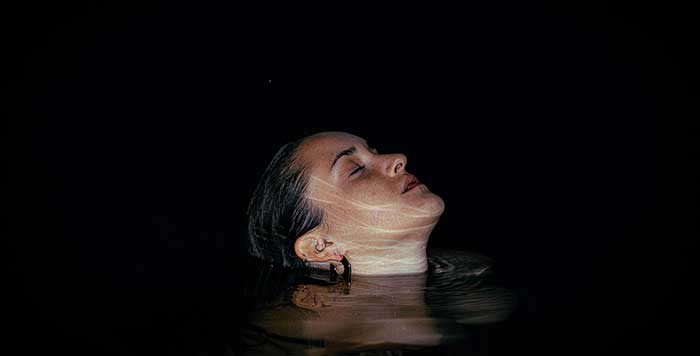
Abstract:
This paper explores the application of a growth mindset approach in teaching swimming lessons, aiming to enhance both skill acquisition and psychological resilience among learners. Drawing on the foundational principles of growth mindset theory, this research investigates the potential benefits of adopting a growth mindset-oriented instructional strategy within the context of swimming education. The paper reviews relevant literature on growth mindset, skill development, and swimming pedagogy, and presents a comprehensive framework for integrating growth mindset principles into swimming instruction. By fostering a growth mindset culture, swimming instructors can potentially facilitate improved learning outcomes, increased self-efficacy, and enhanced psychological well-being among learners.
1. Introduction:
Learning to swim is a vital life skill that contributes to physical health, safety, and recreation. Traditional approaches to swimming instruction often focus on skill mastery, occasionally leading to fixed mindset attitudes and diminished self-confidence in learners when faced with challenges. In contrast, a growth mindset approach emphasizes the belief that abilities and talents can be developed through effort, effective strategies, and resilience. This paper investigates the potential of integrating growth mindset principles into swimming lessons to enhance skill acquisition and foster psychological resilience among learners.
2. Growth Mindset Theory:
The concept of a growth mindset, introduced by Carol Dweck, posits that individuals who believe their abilities can be developed through dedication and hard work are more likely to embrace challenges, persist in the face of setbacks, and ultimately achieve higher levels of success. This theory has been widely applied in educational contexts, showing positive effects on academic achievement, motivation, and self-esteem. Transferring this concept to swimming education offers an innovative perspective on enhancing both technical skills and psychological attributes in learners.
3. Skill Acquisition in Swimming:
Swimming proficiency encompasses a range of physical and cognitive skills that are typically acquired through structured lessons and practice. Traditional teaching methods may inadvertently reinforce fixed mindset beliefs by placing excessive emphasis on immediate success and avoiding failure. In contrast, a growth mindset approach encourages learners to embrace mistakes as opportunities for improvement and view challenges as essential components of the learning process. By adopting this approach, swimming instructors can promote a more adaptive learning experience that supports long-term skill development.
4. Psychological Resilience and Self-Efficacy:
Growth mindset interventions have been linked to improved psychological resilience and self-efficacy across various domains. In the context of swimming, fostering a growth mindset can help learners develop greater confidence in their ability to overcome obstacles, leading to increased psychological resilience when encountering setbacks or difficulties. This, in turn, can contribute to a more positive emotional experience and reduced anxiety associated with the learning process.
5. Integrating Growth Mindset in Swimming Instruction:
To effectively integrate a growth mindset approach into swimming lessons, instructors should consider the following strategies:
- Promoting Effort and Process: Emphasizing the importance of effort, perseverance, and effective practice strategies over immediate results.
- Embracing Challenges: Encouraging learners to view challenges as opportunities for growth and skill refinement.
- Providing Constructive Feedback: Delivering feedback that focuses on effort, improvement, and specific strategies, rather than fixed traits.
- Cultivating a Positive Learning Environment: Creating an atmosphere where mistakes are normalized, and learners feel comfortable seeking assistance and learning from errors.
6. Empirical Support and Practical Implications:
Although limited research specifically addresses the application of growth mindset principles in swimming instruction, studies from educational and sports psychology provide a strong foundation for its potential effectiveness. By implementing a growth mindset-oriented teaching approach, swimming instructors may observe enhanced skill acquisition, increased self-efficacy, and improved psychological resilience among learners.
7. Conclusion:
Teaching swimming lessons with a growth mindset approach offers a novel and promising method to foster skill development and psychological resilience. By cultivating a learning environment that values effort, embraces challenges, and prioritizes growth over fixed outcomes, instructors can contribute to more confident, adaptable, and resilient swimmers. Further research is warranted to assess the long-term impact of a growth mindset approach on swimming education and its potential to revolutionize traditional teaching paradigms.
Kenny is a baby Bottlenose dolphin, of the genus Tursiops, one of the most common and well-known members of the family Delphinidae, the family of oceanic dolphin. He is very playful and friendly and loves to frequently leap above the water surface. Kenny plays with water toys, enjoys making bubble rings, and plays well with other dolphins or other animals.
